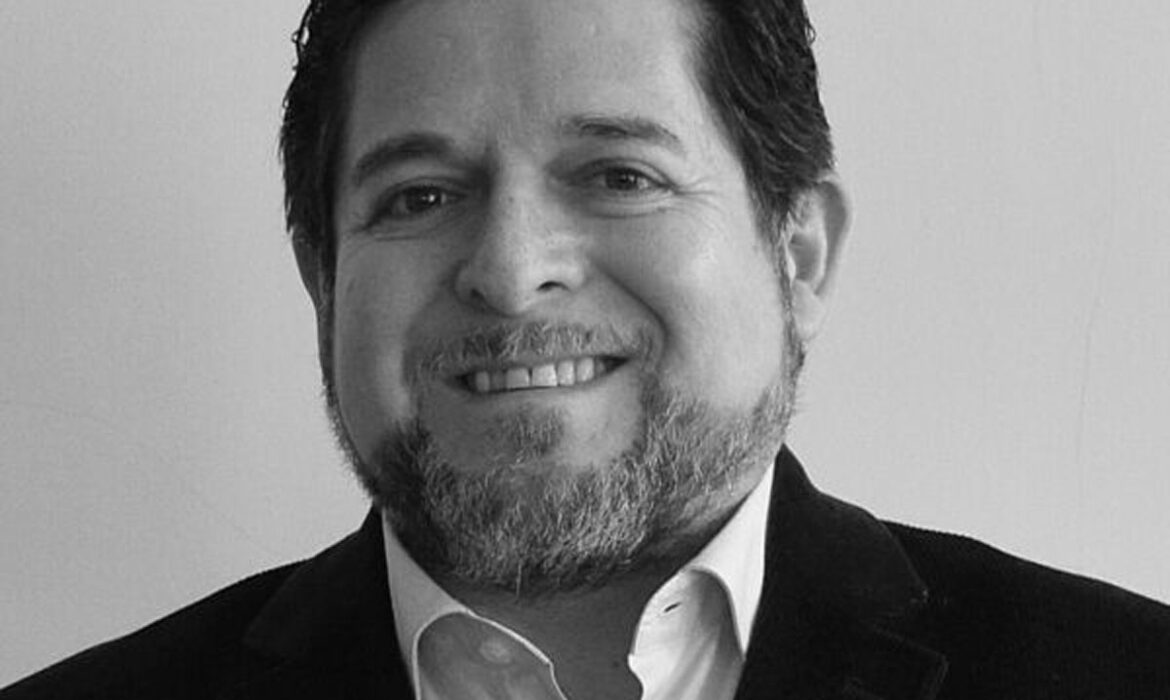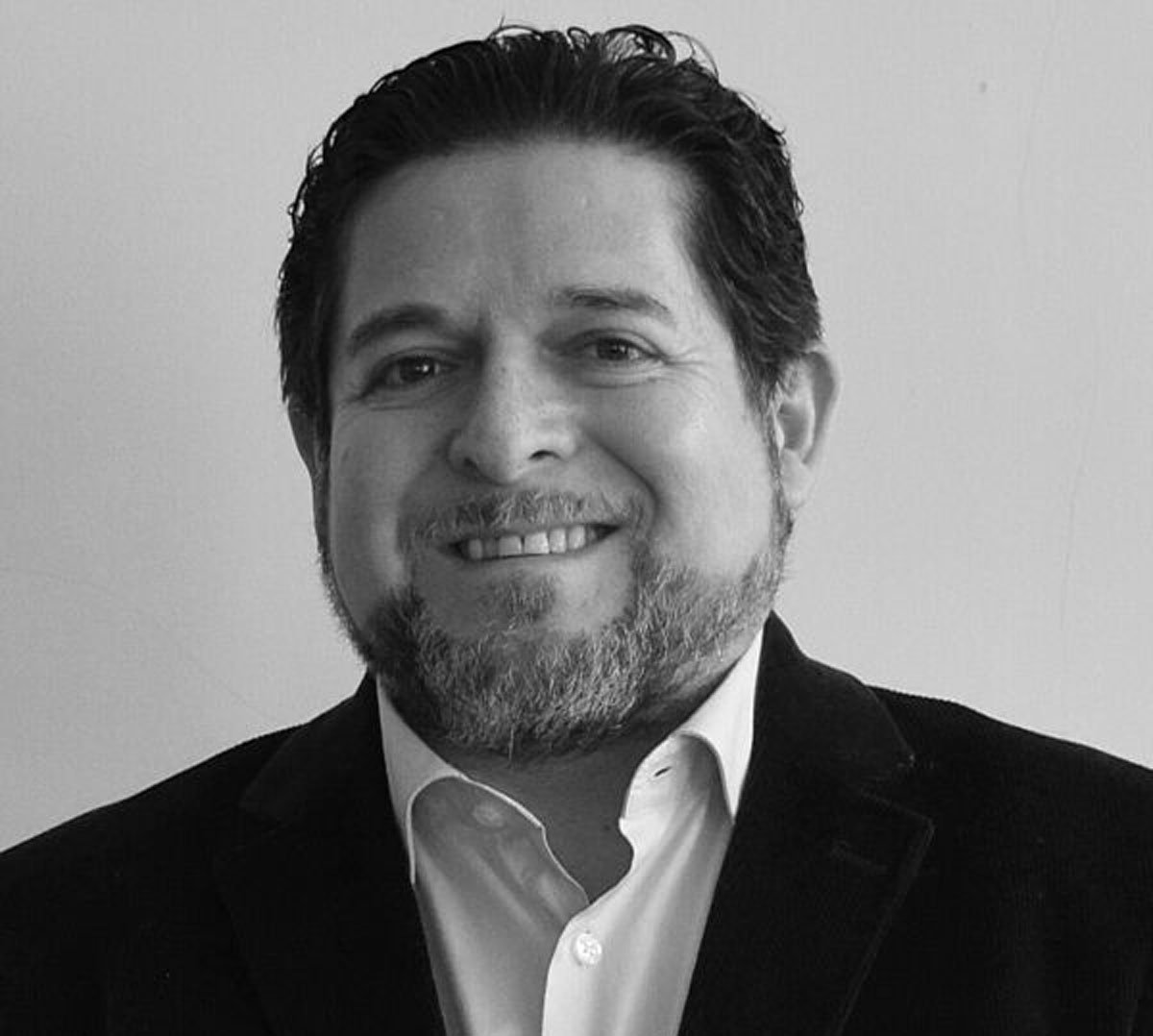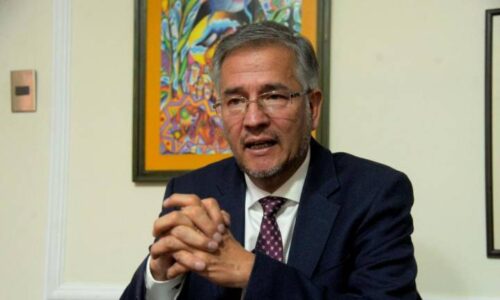

13 June 2021
‘Systematic Fraud’
The three times defeated presidential candidate in Peru, Keiko Fujimori, coined a new expression in the already long list of (unproven) complaints in electoral processes in the region: “systematic fraud.” And with that flag, she intends to annul 200,000 votes to reverse the narrow victory of Pedro Castillo (just over 60,000 votes, with 100% of the minutes processed). Conveniently, Fujimori spoke of “fraud” only when Castillo surpassed her in the official count.
Regardless of how the electoral authority resolves the challenges of the alleged “election board fraud”, as well as the observed records, with errors or incompleteness, it is a matter of concern that political actors agitate the “fraud” narrative instead of accepting the result of the elections: the public will manifested at the ballot box. In 2016, when Kuczynski beat her in the second round with just a 41,000 votes difference, Keiko acknowledged her defeat without alleging fraud.
In order not to go further back or stay in the region, let us remember that another losing candidate, Donald Trump, insisted until the end, without any evidence of course, that the elections had been stolen from him. The Republican spoke of “large-scale fraud”, assuring that it was “statistically impossible” that he lost. And he declared that there were “illegal votes” against him. In his failed attempt to reverse the outcome, he even degraded the American electoral system.
In Bolivia, we also know these stories. I will mention only two. After coming third in the 2002 elections, the presidential candidate Manfred Reyes Villa denounced “informatics fraud” (sic). He obviously couldn’t prove it. It also happened recently, in the 2019 elections, when one day after the vote, without the results for the official count, “monumental fraud” was sung. The same formula was replicated by the CC candidate for Mayor of Santa Cruz uttering: “colossal fraud.”
Systematic, election-board, large-scale, informatics, monumental, scandalous fraud… and so on, fraud. And the evidence, ladies, and gentlemen? In general, electoral regulations in the region establish mechanisms, procedures, and legal deadlines to file appeals against possible anomalies and irregularities in all phases of the process, especially in voting, counting, and computer counting. Of course, it is more comfortable and profitable for the defeated to shout “fraud” in front of the audience and the media spotlight.
Any indication of electoral fraud must be reported, investigated, verified, and, where appropriate, receive the maximum penalty. We should also think about sanctions for those who proclaim “fraud” without evidence, damaging the legitimacy of the result and democracy.
Curious Fadocracy
Jeanine Áñez’s recent statement to the Prosecutor’s Office raises valid questions about the events of 2019. Let us see: 1. Who called her on the phone on November 10, on loudspeaker, from the Catholic University, to offer her the presidency? Ricardo Paz, according to Áñez herself, or Tuto Quiroga, as Father Fuentes swears? Someone is lying. 2. Why, on November 11, when the senator arrived in La Paz, was an Air Force helicopter waiting for her at the airport!? Who sent it? 3. Why did the man in uniform who received her “have instructions” to take her to the Military College? Yes, to the Military College. 4. Why did they “tell” her to go to the Hotel Casa Grande to meet Luis Fernando Camacho (and nine other men) and talk about “taking office”? 5. Why, after meeting with her keen in the Assembly that afternoon, was she taken to the Police Academy, where she was waiting for Camacho, Murillo, Ortiz? 6. Who organized the operation, in short, on November 12, to “instrumentalize the norms” (including the unprecedented TCP communiqué) and force the presidential self-proclamation ipso facto? 7. Was this how Plan B worked?
José Luís Exeni Rodríguez is a political scientist
Source: https://www.la-razon.com/voces/2021/06/13/fraude-sistematico/




